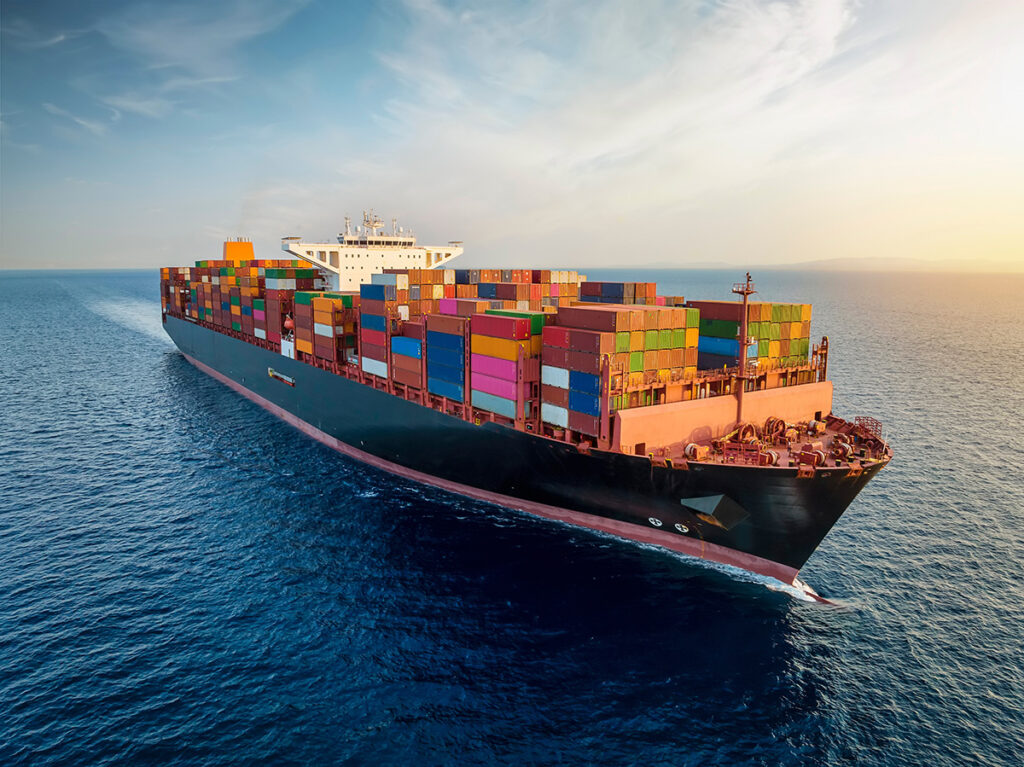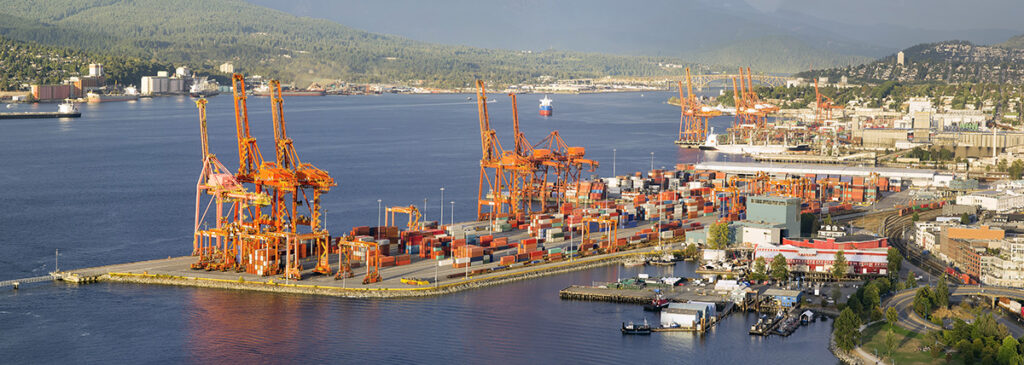Projects
Marine Sector Assessment of Ship-Sourced Plastic Waste
Dillon was retained by Transport Canada to complete an assessment of the current state of plastic waste reduction practices in the Canadian marine transportation sector.
To build baseline knowledge and support efforts to address plastic waste within the Canadian marine transportation sector, Dillon completed an assessment of ship-sourced plastic waste. The study identified current operational challenges to waste reduction and diversion as well as opportunities for waste and pollution avoidance. Commissioned by Clean Water Policy in TC Environmental Policy, under Canada’s Advancing A Circular Plastics Economy for Canada initiative, this marine sector assessment built on Dillon’s 2022 Transport Canada project to assess waste management and diversion systems of vessel-sourced waste in Canadian ports and port reception facilities by considering the feasibility of international best practices within the Canadian marine transportation sector.
The scope of the study involved three distinct pathways – on-board solid waste, wastewater, and hull coatings – through which plastic can enter the marine environment. Microplastic pollution is an emergent area of study, and the assessment filled a research gap in its consideration of microplastic pollution from vessel wastewater and hull coatings have been initiated to date. The research included a wide variety of vessel types and focused on large ships (i.e., those 300 gross tons or more).
The assessment included the following three tasks:
- Identification of existing waste reduction and diversion operational practices;
- Identification of relevant national and international marine plastic waste reduction and diversion best practices; and
- Analysis of the feasibility of potential practices to consider their appropriateness in the Canadian context.
The study’s primary research took the form of a survey and interviews with Canadian shipowners, transportation industry associations and waste service providers operating on the Great Lakes, East, West and North coasts. The stakeholders surveyed represent a high portion of the total number of relevant vessels in Canada (approximately 74%) and provided insight into current waste and wastewater management practices, as well as anti-fouling hull coating products and processes. In addition, a literature review and desktop research on international best practices provided the team with a solid understanding of the domestic and international context and specific national and industry-led actions that reduce the release of plastic into the environment through the three pathways.
To synthesize the baseline findings, a feasibility analysis provided a broad range of potential solutions, from waste diversion and end-of-life treatment processes to strategies to avoid waste generation. The feasibility considerations and recommendations emphasize the importance of infrastructure at ports, regulatory and policy mechanisms, and guidelines for proper waste management, diversion, and reduction. The assessment will support the Government of Canada in its development of a national overarching policy framework to reduce the marine transportation sector’s contribution to marine plastic litter.
Project Details
Project Partner: Transport Canada
Business Unit: Waste Management
Service Offering: Advisory Services

